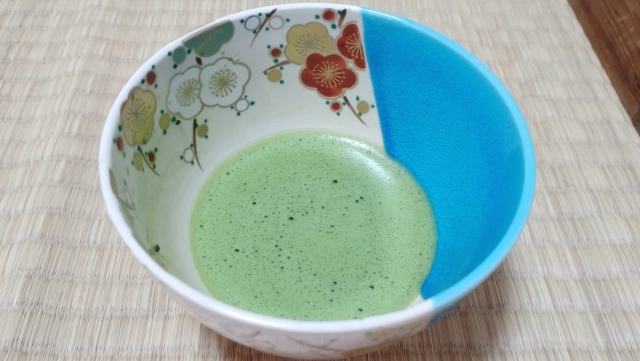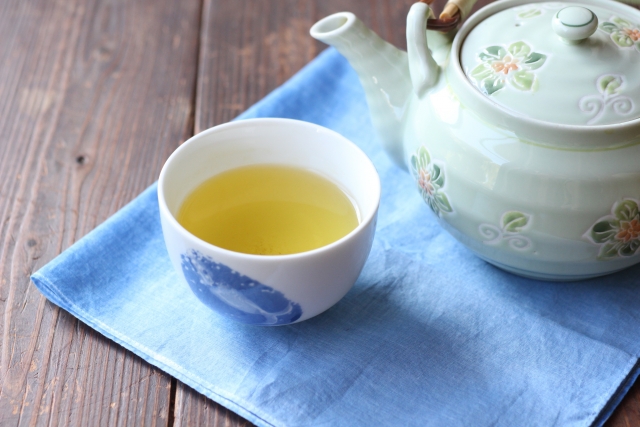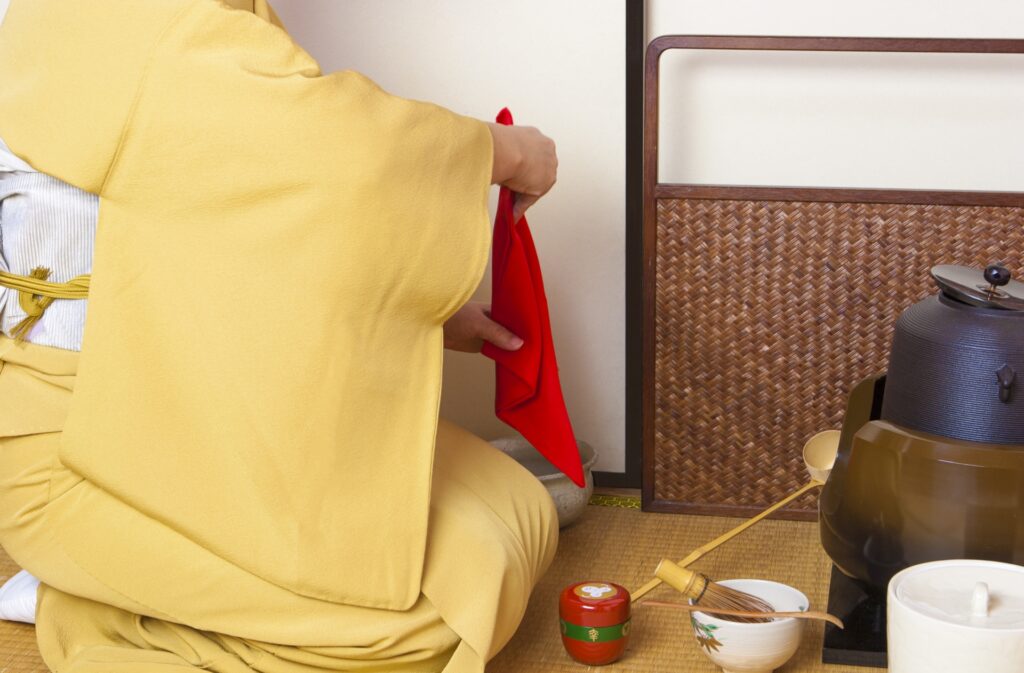In Japan, the culture of “omotenashi,” or the spirit of respect for others, has taken root since ancient times.
You may have seen the scene where Christel Takigawa expressed “o-mo-te-na-shi” during her French speech at the Tokyo Olympics bid presentation.
Japanese people are originally known for their kindness, and especially when inviting others into their homes, they are made aware of the need to do their utmost to serve others.
What does the word “omotenashi” mean and how should it be used?
In this article, we would like to explain the meaning and usage of “omotenashi.

Click here to learn Japanese language with the best one-on-one Japanese tutoring lessons in person or online.
Contents
What is “Omotenashi”?
The word “omotenashi” is derived from the word “Omotenashi,” which means “without a front.
The word “omotenashi” is derived from the word “omotenashi”, which means “without front”, in other words, without “back”.
It means that we do not ask for anything in return from others, but simply wish to please them and act accordingly.
This culture of “omotenashi” is said to have already existed during the Heian period (794-1185 AD).
Deeply involved is the “sadou” (tea ceremony).
The tea ceremony is a culture in which powdered tencya, a different type of green tea, is stirred with hot water and drunk by visitors.
The ceremony is performed in a Japanese-style room (a room with tatami mats) with the participants sitting in seiza.
The tea is prepared and carefully mixed to make the people present feel comfortable and to entertain guests.
- To determine the preferences of the guests.
- To be well organized.
- To decorate naturally with flowers.
- Be patient and allow plenty of time.
- Be mindful and considerate of your guests.
Thus, the essence of modern “omotenashi” was already established 1,000 years ago.

It is different from manners and service.
Some people feel that “omotenashi” is similar to “manners” or “service,” but they are not the same thing.
Manners are only meant to ensure that “the bare minimum should be observed,” while service is the payment received for providing an action, such as customer service.
Service is a form of payment for providing a service or other action. “Omotenashi” has a different meaning from “omotenashi,” which is simply making an effort to make the other person feel comfortable without asking for anything in return.
The word “omotenashi” is often translated as “hospitality,” which means almost the same thing, but there are some differences.
If you actually come to Japan and receive “omotenashi,” you should be able to sense the difference.
Usage of “omotenashi”
The word “omotenashi” itself is not often used in daily life.
Therefore, even if you stay in Japan, you will probably not hear it very often.
It is not necessary to say it out loud, and it is probably better to say that it is a natural feeling among Japanese people.
It is not often used in conversation, but there are situations where it is used in writing.
Let me show you an example.
Examples of “omotenashi”
- The hotel is known for its warm “omotenashi.
- I can’t thank you enough for your omotenashi.
- Thank you very much for your “omotenashi.
- I will do my best to do “omotenashi” for you.
- I can’t do much “omotenashi” for you, but do you want to come visit?
- We will give you this as a gift in return for your omotenashi.
- We would like to “omotenashi” you with all our heart.
This is how “omotenashi” is used.

How to use “omotenashi”
If you invite friends or colleagues to your home during your stay in Japan, please do your best to “omotenashi” them.
The first thing you must be aware of is that it should not be “work”.
If you are conscious of trying to make the other person feel comfortable, you will constantly think about what needs to be done in your mind, and your brow will naturally wrinkle.
If this happens, you will look like you are not enjoying yourself, and the person you have invited may feel uncomfortable.
It is important to smile and express the emotion of “I am glad you came.
That smile is one of the spices of “omotenashi.
Prepare their favorite food and drinks, and clean and ventilate the room to make it comfortable.
After inviting them in, say to them, “Make yourself at home,” offer them food and drinks without trying too hard, and take the initiative in conversation to lighten the atmosphere of the place.
If you can do these things, you have done “omotenashi” well enough.
Conclusion
In this article, we have explained the meaning and usage of “omotenashi”.
Omotenashi” is an action to make the other person feel comfortable without asking for anything in return.
It is a feeling that Japanese people have as a matter of course, but many foreign nationals are impressed by the kindness of Japanese people.
When you visit Japan, why not try practicing “omotenashi” as well as receiving “omotenashi”?
Related article:










